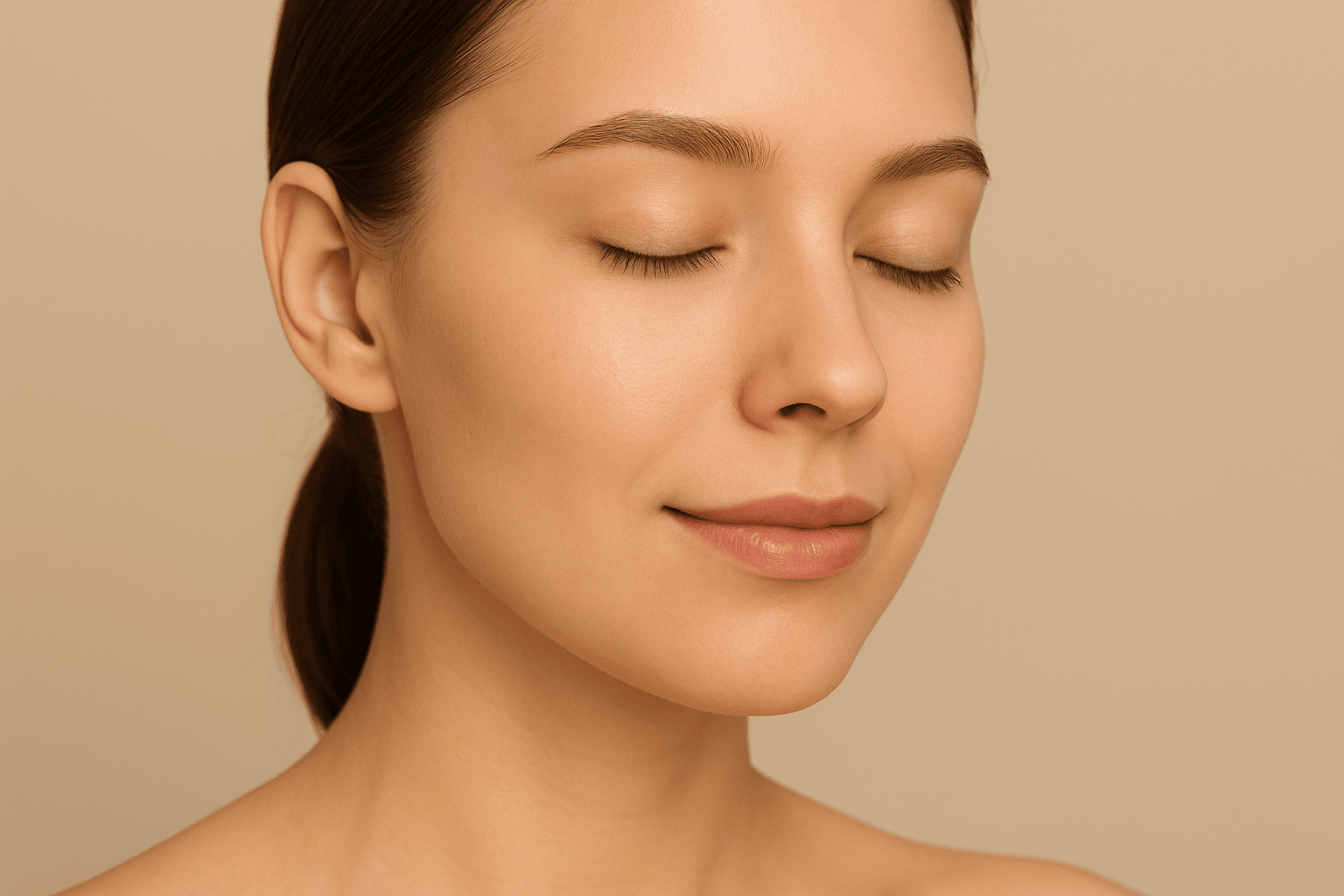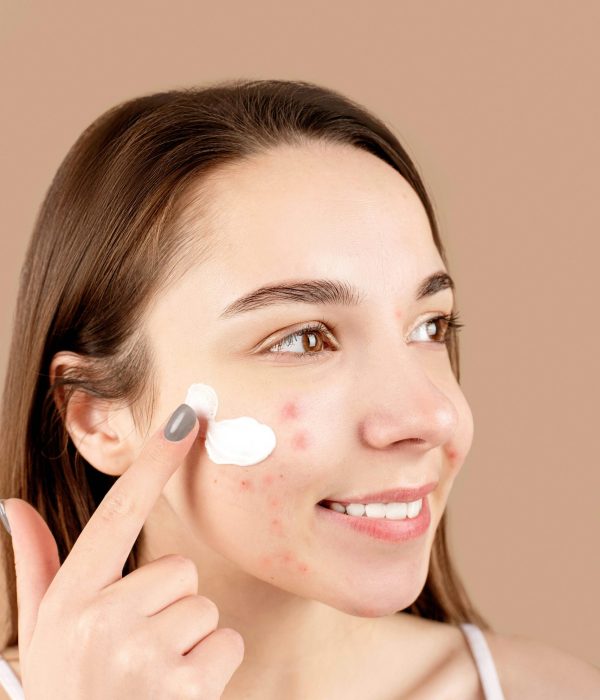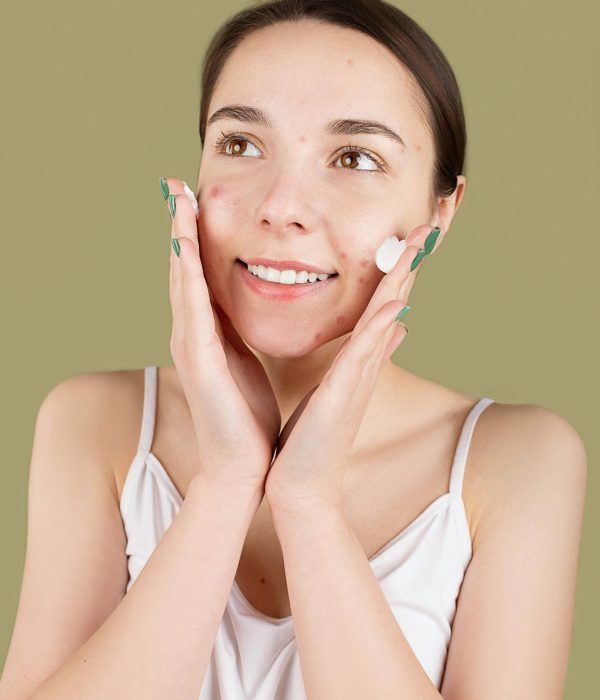Tretinoin vs. Other Acne Treatments: Which Works Best?

Introduction
With so many acne treatments available — from salicylic acid cleansers to antibiotics and benzoyl peroxide — it can be confusing to know which is right for your skin. Among these, tretinoin cream is one of the most prescribed and effective treatments. But how does it compare to other popular options? Let’s break it down.
Why Treating Acne is Complicated
Acne is not caused by just one factor.
Triggers include clogged pores, excess oil, bacteria, hormones, and inflammation.
That’s why one single product doesn’t work for everyone.
Tretinoin vs. Benzoyl Peroxide
Benzoyl Peroxide: Kills acne-causing bacteria fast.
Tretinoin: Works deeper, prevents clogged pores and scars.
Best Combo: Dermatologists often recommend using both (but not at the same time).
Tretinoin vs. Salicylic Acid
Salicylic Acid: Unclogs pores and reduces blackheads.
Tretinoin: Improves cell turnover and prevents new breakouts.
Best For: Salicylic is great for oily skin and mild acne; tretinoin works for moderate to severe acne.
Tretinoin vs. Oral Antibiotics
Antibiotics: Reduce inflammation and bacterial growth.
Tretinoin: Maintains long-term clear skin without resistance risk.
Best Strategy: Short-term antibiotics + long-term tretinoin cream.
FAQs
Q: Can I use tretinoin with benzoyl peroxide?
Yes, but apply at different times (morning vs. night).
Q: Is tretinoin better than Accutane?
Tretinoin is milder and topical, while Accutane is for severe cases.
Conclusion
Every skin is different, but if you’re looking for lasting results beyond just spot treatment, tretinoin creams are the gold standard in acne care.



